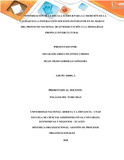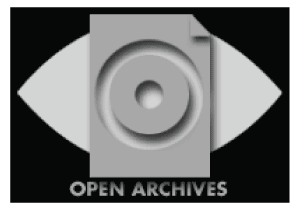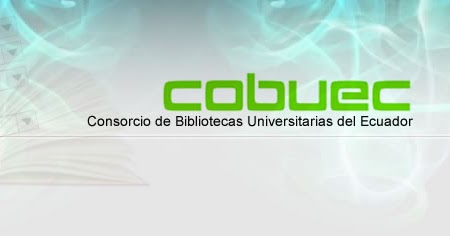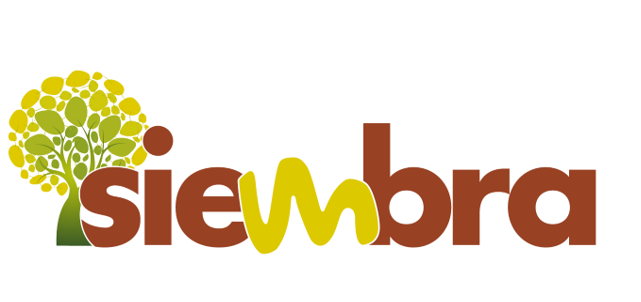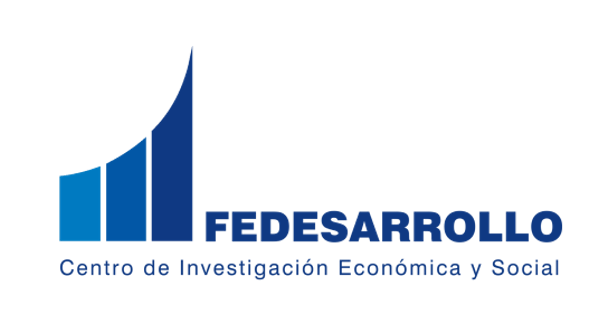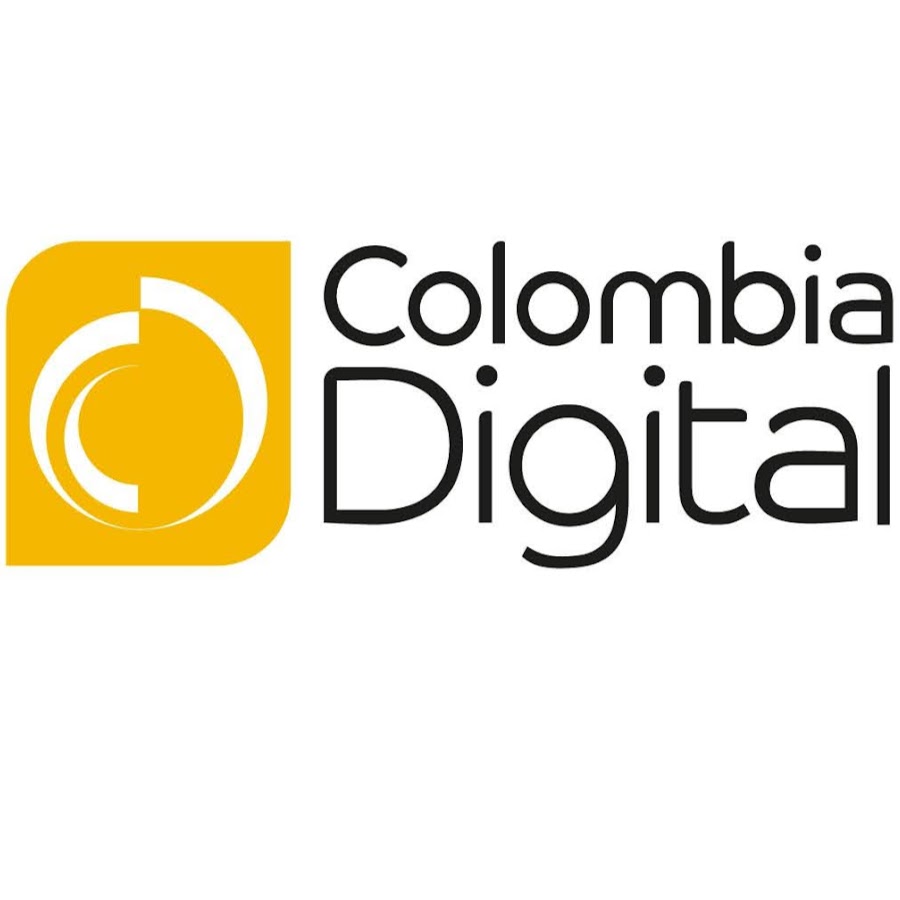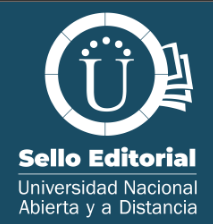Mostrar el registro sencillo del ítem
Optimización de la Escala Ecers-R para la Medición de la Calidad en la Interacción Docente-Estudiante en el Marco del Proyecto Nacional de Etnoeducación y la Modalidad Propia e Intercultural
| dc.contributor.advisor | Del Toro Díaz William | |
| dc.coverage.spatial | cead_-_josé_acevedo_y_gómez | spa |
| dc.creator | Cifuentes Cortes Oscar Eduardo - Gordillo Góngora Hugo Yezid | |
| dc.date.accessioned | 2020-05-21T18:31:48Z | |
| dc.date.available | 2020-05-21T18:31:48Z | |
| dc.date.created | 2020-05-14 | |
| dc.identifier.uri | https://repository.unad.edu.co/handle/10596/34052 | |
| dc.description.abstract | Desde los 70´s la educación es punto de referencia del avance de un país o grupo social. Dado lo anterior, la educación desde la gestación, nacimiento y primeros años de vida es de marcada importancia. Ya que el país es pluriétnico y multicultural, y en el viven más de seis millones de personas de grupos étnicos, se requiere una educación inclusiva. No obstante, Colombia es uno de los países con mayores desigualdades en el tema y la situación educativa de dichos grupos es crítica. En respuesta, se creó el Proyecto Nacional de Etnoeducación y específicamente para primera infancia la Modalidad Propia e Intercultural. Sin embargo, múltiples estudios demuestran que aumentar cobertura y acceso a instituciones educativas no basta por sí solo para promover resultados positivos y lo que es primordial es la calidad de la interacción docente-estudiante. Existen diversos instrumentos para medir esta interacción. Este proyecto determinó la pertinencia cultural de la escala Early Childhood Environment Rating Scale-Revised (ECERS-R) para medir la calidad en el marco de la modalidad de educación propia e intercultural. Para lo anterior, se realizó su evaluación por expertos en etnoeducación e interculturalidad. Inicialmente se implementó un muestreo a conveniencia y a continuación la técnica de bola de nieve. Se realizaron 6 entrevistas y cuando se alcanzó el punto de saturación de la información no se realizaron más entrevistas. Como resultado 67 % de los expertos considera que no es una guía adecuada para instituciones etnoeducativas. En conclusión en términos de la adecuación del instrumento, el principal elemento resaltado es el marcado etnocentrismo tanto en su forma como en su contenido y el hecho de que no tiene en cuenta la cosmología de los pueblos indígenas. | spa |
| dc.format | ||
| dc.title | Optimización de la Escala Ecers-R para la Medición de la Calidad en la Interacción Docente-Estudiante en el Marco del Proyecto Nacional de Etnoeducación y la Modalidad Propia e Intercultural | spa |
| dc.type | Proyecto de investigación | |
| dc.subject.keywords | Etnoeducación, | spa |
| dc.subject.keywords | Educación Inclusiva | spa |
| dc.subject.keywords | Interculturalidad | spa |
| dc.subject.keywords | Interacción en educación | spa |
| dc.description.abstractenglish | Since the 70's education has been a point of reference for the advancement of a country or social group. Given the above, education from gestation, birth and the first years of life is of marked importance. Since the country is multi-ethnic and multicultural, and more than six million people from ethnic groups live in it, inclusive education is required. However, Colombia is one of the countries with the greatest inequalities in the subject and the educational situation of these groups is critical. In response, the National Ethnoeducation Project was created, and specifically for early childhood, the Proprietary and Intercultural Modality. However, multiple studies show that increasing coverage and access to educational institutions is not enough in itself to promote positive results and what is essential is the quality of teacher-student interaction. There are various instruments to measure this interaction. This project determined the cultural relevance of the Early Childhood Environment Rating Scale-Revised (ECERS-R) to measure quality in the framework of the self-education and intercultural modality. For this, its evaluation was carried out by experts in ethnoeducation and interculturality. Initially, a convenient sampling was implemented and then the snowball technique. 6 interviews were conducted and when the saturation point of the information was reached, no further interviews were conducted. As a result, 67% of experts consider that it is not an adequate guide for ethno-educational institutions. In conclusion, in terms of the adequacy of the instrument, the main element highlighted is the marked ethnocentrism both in form and content and the fact that it does not take into account the cosmology of indigenous peoples. | spa |
| dc.subject.category | Ciencias administrativas | spa |

